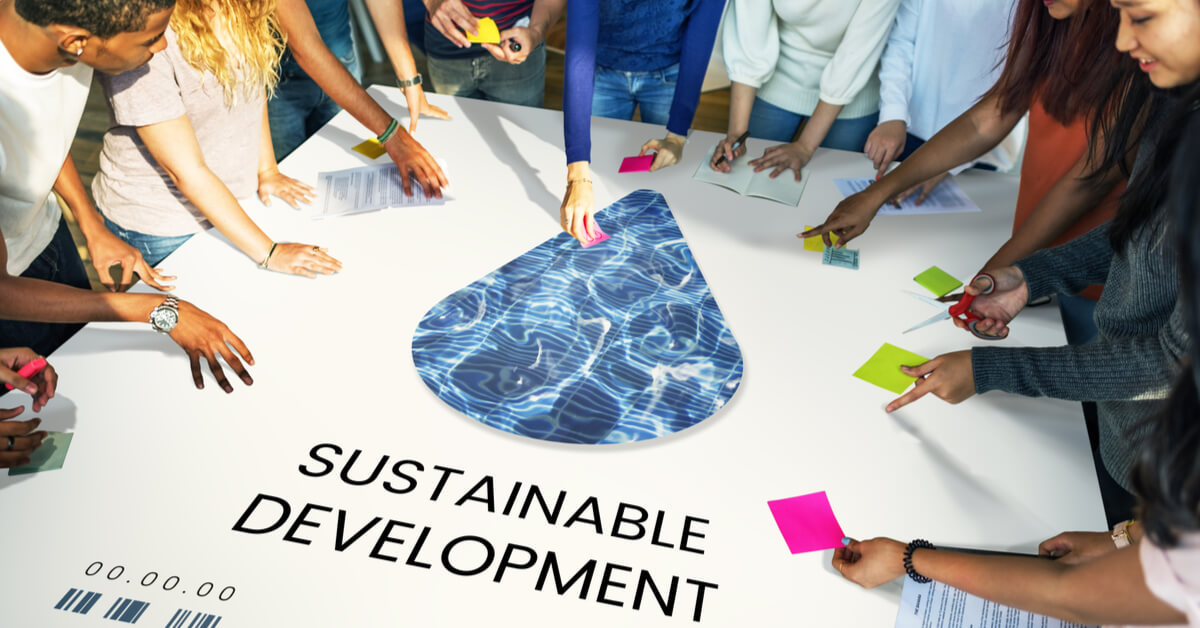There is something insidious about pushing schools to change in order to prepare students for new jobs that do not yet exist, for problem-solving to address threats to productivity, or for new business models with geographically and culturally distributed workforces. There is a strange sense of familiarity in rebuking the traditional education system, saying it won’t allow young people to succeed in the new economy. Beware! If we aren’t careful, we will be lured by these sirens’ songs and find ourselves back in the same mess we thought we were going to leave behind.
Imagine you had a time machine and were able to travel back to England in the year 1820. The First Industrial Revolution is drawing a skyline of smokestacks and the country is turning black. Cities are expanding, travel takes a fraction of the time it used to, and workers come in and out of the factory to operate machinery on set time schedules. You change your clothes and brush up on your Midlands accent to escape notice and, with the same curiosity and desire to understand social and education movements you had in 2021, you conduct a series of interviews with government officials, business owners,…


